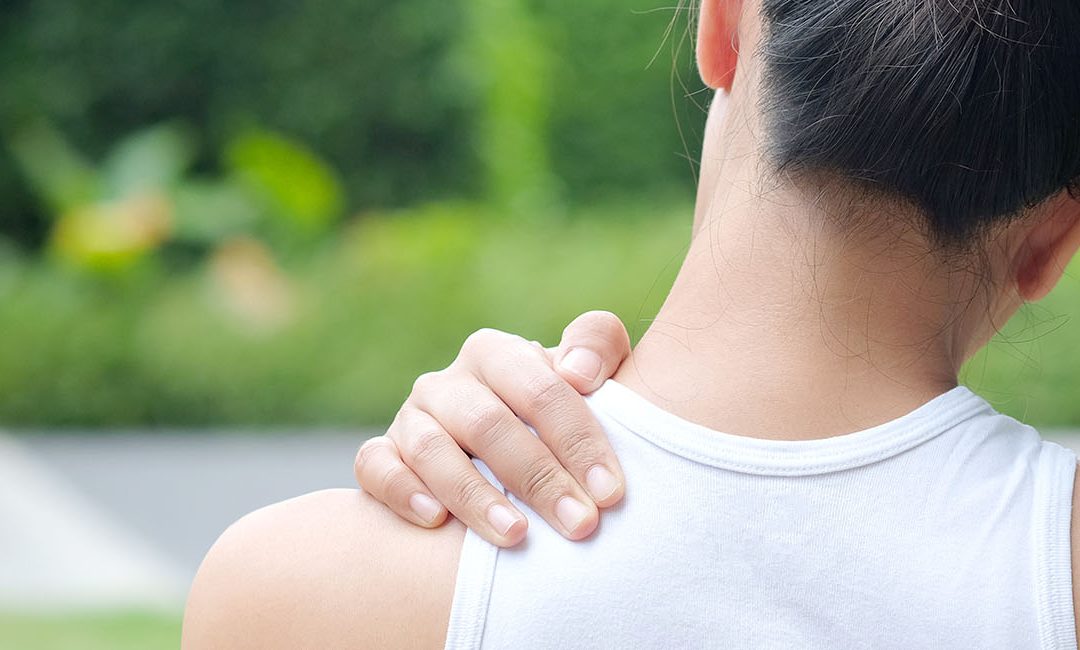Delayed Onset Muscle Soreness (DOMS) is a muscle related pain that occurs due to excessive exercising. Simultaneous contraction and lengthening of the muscles, in most cases, is the underlying cause of this condition. Running downhill, squatting, plyometric exercises are typical examples. Such microtraumas may cause an imbalance between the electrolyte as well as intramuscular fluids present in the body. This affects the muscle’s capacity to absorb shocks, maintain coordination and their ability to contract. This condition typically affects the athletes and is considered to be the body’s natural way to adapt to the change in physical activity. In most people, it is an occasional phenomenon, but in others DOMS can be chronic.
Causes
- Myofibril tears or muscular strain
- Excessive exercising
- Performing an exercise that the body is not accustomed to
- Presence of biochemical markers such as lactic dehydrogenase leads to disruption of the muscle fibres
- Younger athletes are more susceptible to DOMS because their bodies are not yet conditioned for rigorous exercise regimes
- Enzyme efflux- microtrauma to the muscle fibres leads to accumulation of calcium in the muscles leading to breakdown of cellular respiration and consequent degeneration of muscle proteins
- Sudden change in intensity of the exercise
Symptoms
- A dull muscular pain may occur within 24-48 hours of exercise
- Tenderness and stiffness in muscles around the joint
- Localized pain and discomfort
- Range of motion may be affected
- Swelling
- Increased pain while walking down the stairs
- Pain may subside with rest and reoccur if the activity is resumed
Diagnosis
- A thorough physical check by an orthopedic doctor or a physical therapist
- Ultrasound may be used to check for muscle tears
- Range of motion of the affected part may be tested
Treatment
- The doctor may recommend adequate rest to allow the muscles to settle down
- Anti-inflammatory medicines and muscle relaxants may be prescribed
- Application of ice packs
- Heat pads may be helpful in reducing muscle pain
- Muscle strengthening exercises should be avoided
- It is important to cool down and warm up after and before an exercise to prevent reoccurrence of DOMS
- Mild stretching, walking, swimming and cycling may help to alleviate muscle soreness
- Prescription of some enzyme based medicines may reduce inflammation
- The doctor may ask the patient to increase the intake of vitamin C
- Medical grade compression garments such as socks or calf sleeves may provide support to the muscles and prevent muscle strains
To know more about the treatment options available for Delayed Onset Muscle Soreness (DOMS), get in touch with the physicians at OrthoTexas. You can request an appointment by calling at 972-492-1334

